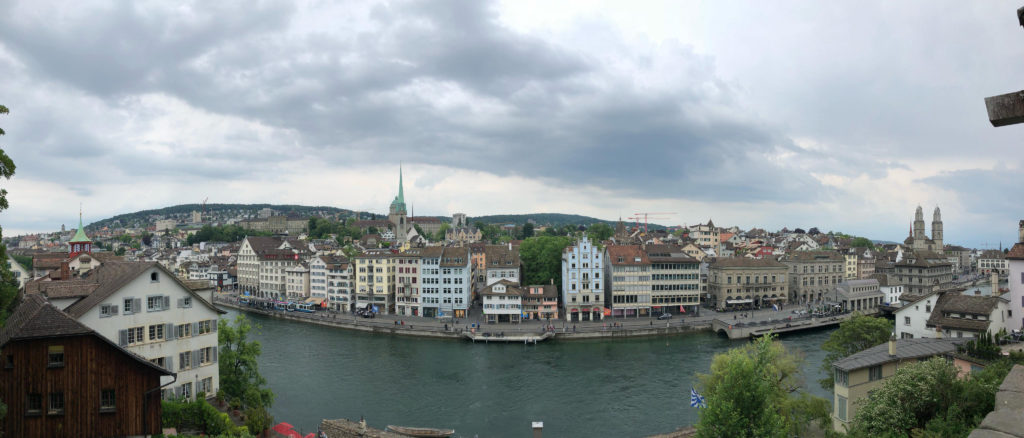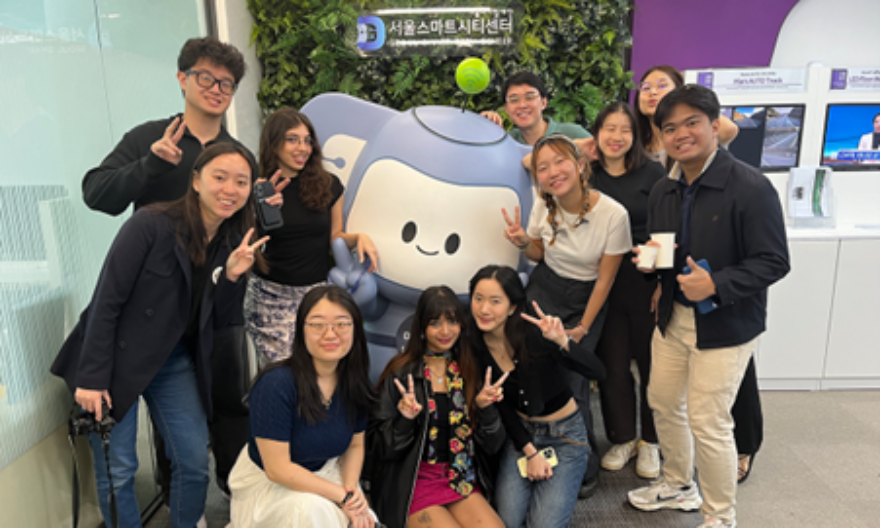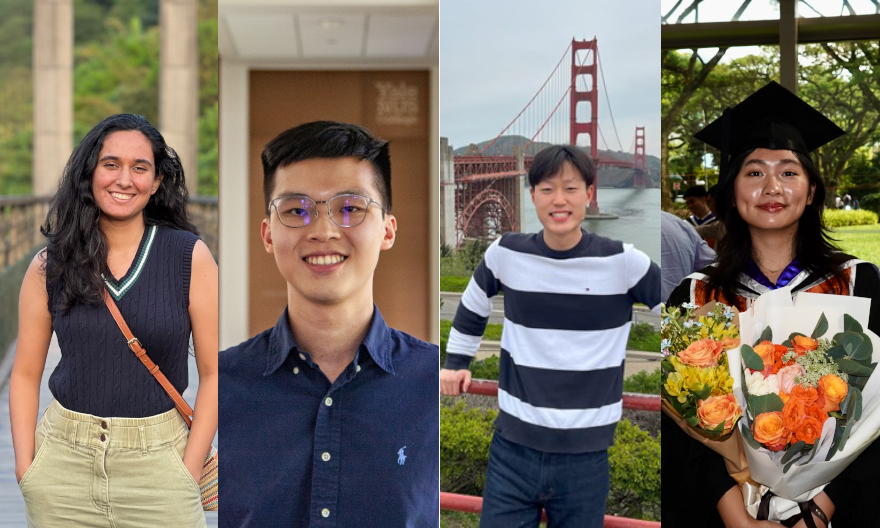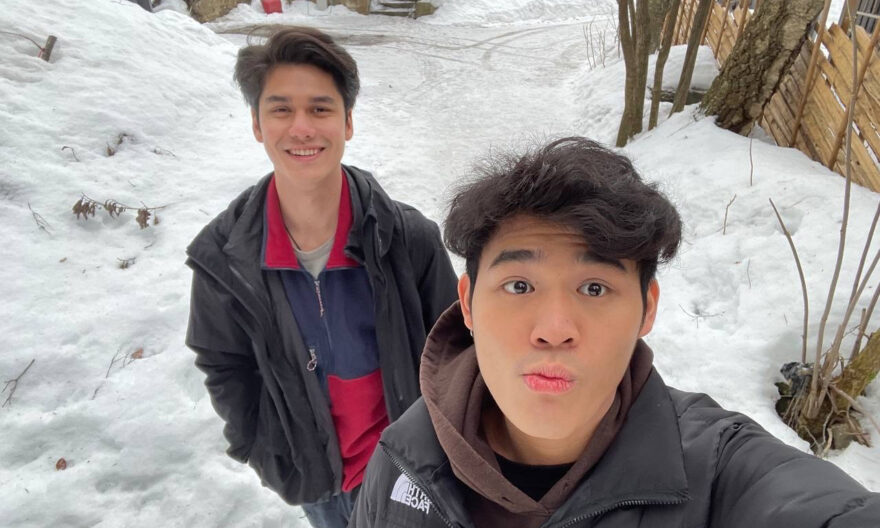Students learn about the history of empire in Zurich

Over the past summer, several groups of Yale-NUS College students travelled abroad with faculty members as part of the Learning Across Boundaries (LABs) programme. LABs are faculty-led or jointly led programmes by faculty and staff that allow faculty and staff to share their scholarship and expertise with students beyond the confines of the traditional classroom. This allows them to explore the themes of the curriculum in a broader context.
One of the LAB programmes this year, titled “Connected Histories of Global Empires: Switzerland as an Entrepot”, brought students to Zurich, Switzerland. This LAB sought to illuminate the role of trade entrepots in the global history of empire through the case studies of Singapore and Switzerland, two important entrepots.
Organised in partnership with the University of Zurich’s Department of History, this LAB project was co-led by two Yale-NUS College faculty members, Professor of Humanities (History) Naoko Shimazu and Assistant Professor of Humanities (History) Mate Rigo.
“One of the most effective ways of teaching the global history of connected empires is through trading networks. Professor and Chair for Global History at the University of Zurich Martin Dusinberre and I work together on the history of empire, and we wanted to work out a joint summer LAB for our students to be held at the University of Zurich. We thought it best if we could think of ways of linking Singapore with Zurich. Hence, trading networks and the positioning of the two cities as nodal points, seemed to make much historical sense,” explained Professor Shimazu on the inspiration behind creating the LAB.
During the four days in Zurich, students typically spent one half of each day in situ at museums and sites of historical interest pertaining to the particular research area being studied on that day and the other half in seminar and small group sessions at the University of Zurich.
For some students like Yogesh Tulsi (Class of 2022), this LAB presented an opportunity to build up on existing knowledge and answer pertinent questions. “My Week 7 LAB experience in my first year was about Penang as a global entrepot. The questions and ideas I picked up about historical global trade remained issues I always wanted to dig deeper into, and this LAB presented a perfect opportunity for me to do so.”
The use of digital history as a historical analytical and research tool was also interwoven throughout the course. Broadly speaking, digital history can be seen as a method to examine the past and conduct historical research with the ever-progressive communication technologies of today’s age. This includes the digitisation of primary sources by archiving them in online systems, enabling of new research practices with the use of programmes like Geographic Information System (GIS), and more.
In line with the idea of challenging pre-existing norms of knowledge formation, Yogesh aptly noted that one of his biggest takeaways was recognising “the necessity of critically engaging and questioning traditional modes of historiography and moving beyond them.”
Echoing similar thoughts, Celeste Analeigh Beh (Class of 2022) also shared, “Academia will always be in the process of learning and discovery. We spent a lot of time thinking about shifting narratives in global history and it made me realise that even today, experts are still questioning fundamental aspects about the field itself.”
Beyond the LAB, the learning experience that students gained has also favourably impacted both their academic and non-academic endeavours.
For Yogesh, he developed a project during the trip and continued to work on it as part of a Digital Humanities internship at Yale University. “During the LAB, I learnt that any one historiographical method can have both strengths and pitfalls. Being flexible with my lenses, and recognising how any one lens will never be able to capture the full picture of a situation really helped me during my internship, and will continue to be of use.”
Celeste, a History major, acknowledged that the sophisticated and discerning critique skills gleaned from the trip would be extremely helpful for her when analysing texts and sources in the future. In addition to the direct skill set acquired, the trip also piqued her other interests. “I take a personal interest in the topic of Southeast Asian migration and thus, found it really interesting that there is a fairly substantial Thai and Vietnamese migrant population in Zurich. This left me wondering about the reasons behind their choice of Switzerland as a place of settlement.”
Experiential learning forms a large part of the Yale-NUS student experience and LABs serve as platforms for students to extrapolate classroom knowledge into globalised real-world contexts, derive broader understanding of the curriculum and develop critical thinking skills. Past LAB projects covered topics such as Theatre Making and Cultural Policy (Japan), London: City in Transition and Jungle Sounds (Brunei).





